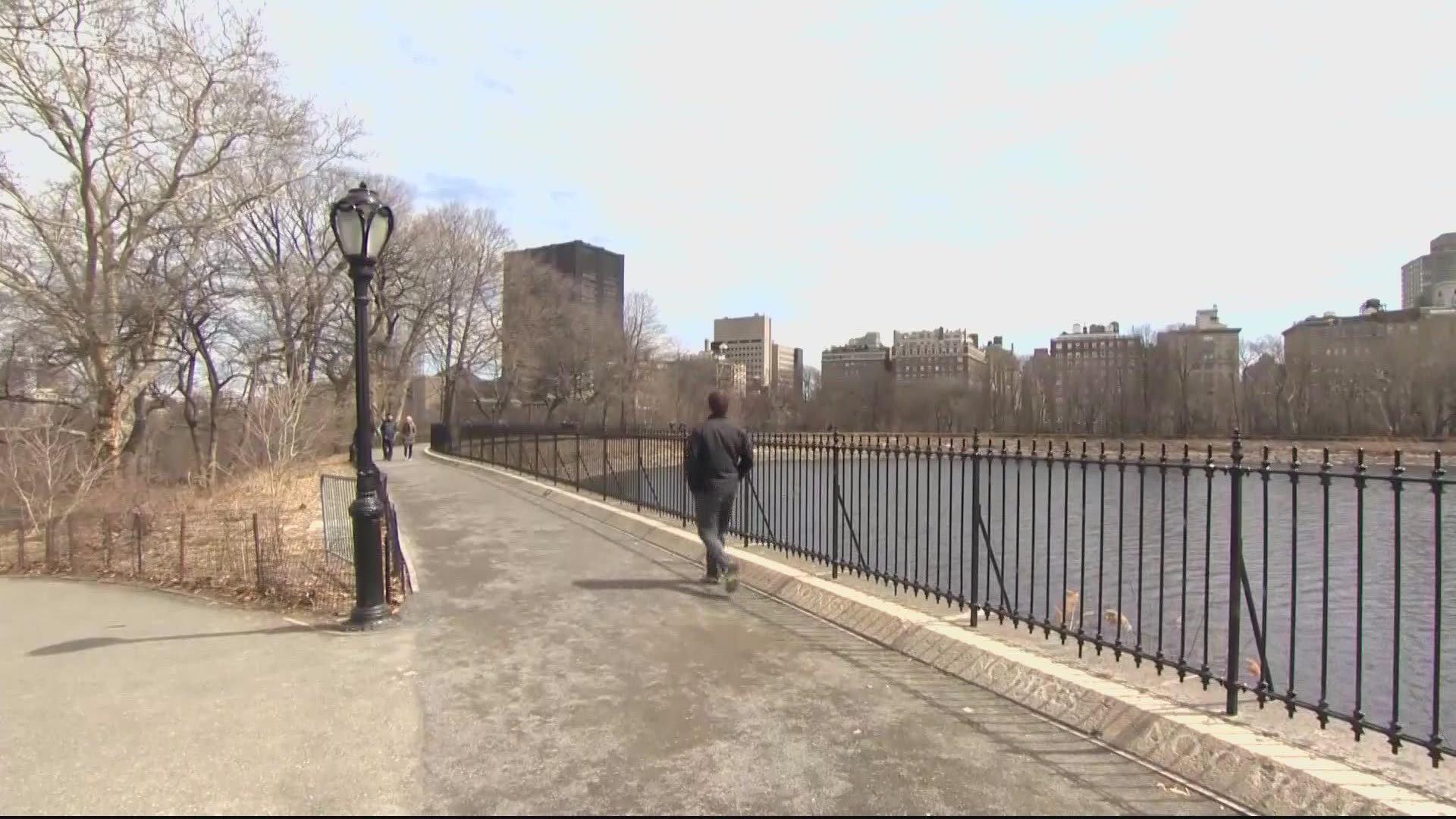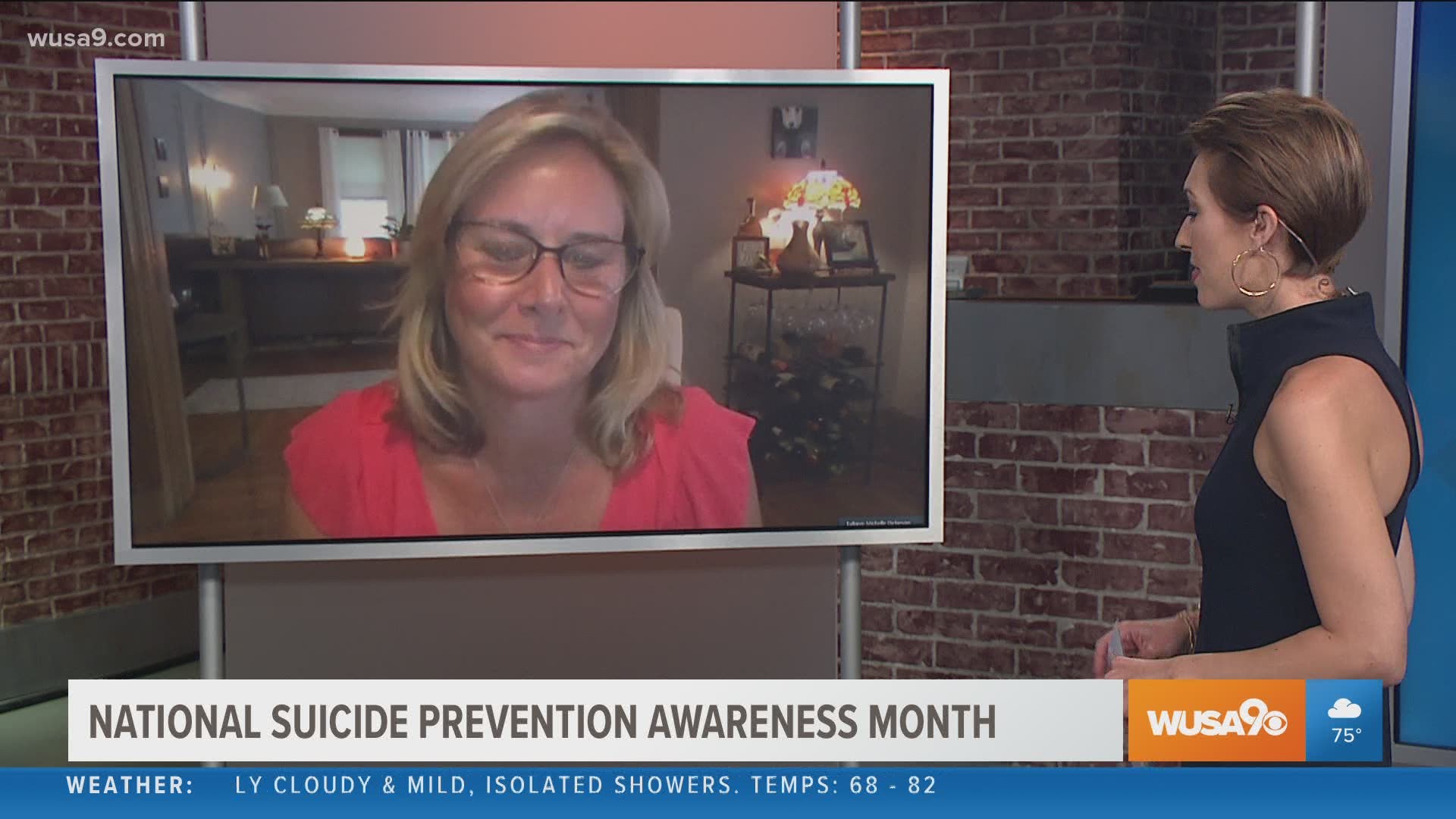WASHINGTON — Daylight saving time comes to an end on Nov. 1. In just a few short weeks, we will gain an extra hour of sleep.
While some look forward to the annual time change, for a lot of people, the decrease in daylight brings on added stress or seasonal depression. With the ongoing pandemic, this year’s shorter days may be harder to take.
"We're facing wintertime and the potential for winter blues, which by the way, some people are more sensitive to than others,” Dr. Daniel Z. Lieberman, Professor of Psychiatry at George Washington said.
Dr. Lieberman said the coronavirus pandemic could make the fall and winter months more difficult for some.
“With the quarantine, a lot of people simply are not leaving their houses,” Dr. Lieberman said. "Getting enough sunlight and fresh air is paramount in maintaining your mental health during this season.
“What really matters the most for the human brain is the light. Our brains are so sensitive to light. And so, our moods can dip when we have bad weather, or even more when the days start to get shorter, as we move into the fall and winter,” Dr. Lieberman added.
Holidays may also look different this year. With large gatherings not recommended, Dr. Lieberman said people should emotionally prepare themselves now.
“I think that rather than ruminating about what you don't have, think about what you can do.” Dr. Lieberman said.
It may not be that simple for some people and additional help may be needed.
“People are finding that they have to push themselves so hard to get through it, that they're just absolutely exhausted and drained at the end of the day, that could be an indication that there's a medical problem going on that could very easily get better with medical treatment,” Dr. Lieberman said.
Joblessness has surged since the start of the pandemic. If you’re experiencing joblessness during this time and need professional help, look into Medicaid coverage or a psychiatrist who offers a sliding scale treatment plan to reduce medical cost.


